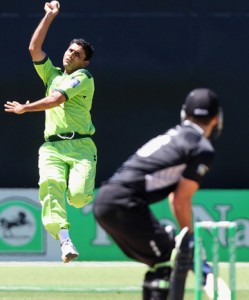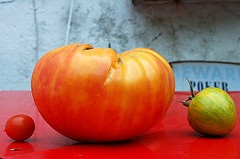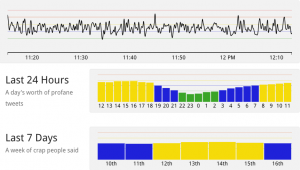The HarleMCMC Shake
I’m sure that many of our readers are familiar with the latest internet trend, the Harlem Shake. Recently, a statistical version appeared that demonstrates some properties of popular Markov Chain Monte Carlo (MCMC) algorithms. MCMC methods are computer algorithms that are used to draw random samples from probability distributions that might have complicated shapes and live in multi-dimensional spaces.
MCMC was originally invented by physicists (justifying my existence in a statistics department) and is particularly useful for doing a kind of statistics called “Bayesian Inference” where probabilities are used to describe degrees of certainty and uncertainty, rather than frequencies of occurrence (insert plug for STATS331, taught by me, here).
Anyway, onto the HarleMCMC shake. It begins by showing the Metropolis-Hastings method, which is very useful and quite simple to do, but can (in some problems) be very slow, which corresponds to the subdued mood at the beginning of a Harlem Shake. As the song switches into the intense phase, the method is replaced by the “Hamiltonian MCMC” method which can be much more efficient. The motion is much more intense and efficient after that!
Here is the original video by PhD students Tamara Broderick (UC Berkeley) and David Duvenaud (U Cambridge):
http://www.youtube.com/watch?v=Vv3f0QNWvWQ
Naturally, this inspired those of us who work on our own MCMC algorithms to create response videos showing that Hamiltonian MCMC isn’t the only efficient method! Within one day, NYU PhD student Daniel Foreman-Mackey had his own version that uses his emcee sampler. I also had a go using my DNest sampler, but it has not been set to music yet.
So, next time you read or hear about a great new MCMC method, you should ask the authors how well it performs on the “Harlem Shake Distribution”. Oh and thanks to Auckland PhD student Jared Tobin for linking me to the original video!



